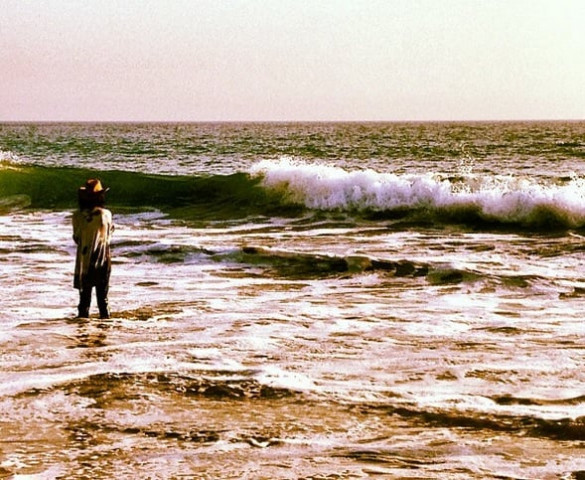Choosing our society
Let us start with a simple thought experiment.

Representational image. PHOTO: EXPRESS
It turns out that this thought experiment is actually not an experiment. It is our lived reality. The families that we are born in, and the privilege we are born with or without is not something we have any control over. Yet, the outcome of our lived experience is defined by the privilege of the few. A young girl — who is subjected to taunts and threats, is treated poorly, and is repeatedly on the receiving end of injustice throughout her life — has had no control over where she was born.
The idea of post-code lottery where your birth location defines your future, or the notion of the above-mentioned thought experiment is hardly new. The famous 20th century moral philosopher, John Rawls, wrote extensively about this in his book A Theory of Justice and described these questions through his “veil of ignorance” thought experiments. Yet, in light of our national discussion on the Aurat March, this concept is worth reflecting on. The men, who have been pontificating endlessly on television and social media about morality and a global conspiracy, would benefit from imagining what would their lives be if they were not born with the same privilege they take for granted? The list of privileges is perhaps endless, but what if they were born as women, in the same hierarchical, patriarchal, class-conscious society where they currently live and their entire lives were controlled by other men. Would they be comfortable with the status quo?
Let us get back to our experiment. If we are about to be born and the location, household, income, religion, gender and other factors are going to be completely random, what would we want the society that we are about to enter look like? Knowing that all societies are imperfect, what are the five things that we would want in the society we are about to be born in, to be guaranteed to everyone. Would it be access to education regardless of gender, decent and safe housing, equitable healthcare, equal rights for everyone and an ability to make independent decisions? Or would it be something else like privilege for a few, a narrative shaped by some, and only one class that rules everyone else? In this thought experiment, as in real life, we cannot choose where we are born but we know full well, in this experiment and in real life, what a society that works for everyone looks like.
Published in The Express Tribune, March 10th, 2020.
Like Opinion & Editorial on Facebook, follow @ETOpEd on Twitter to receive all updates on all our daily pieces.














COMMENTS
Comments are moderated and generally will be posted if they are on-topic and not abusive.
For more information, please see our Comments FAQ